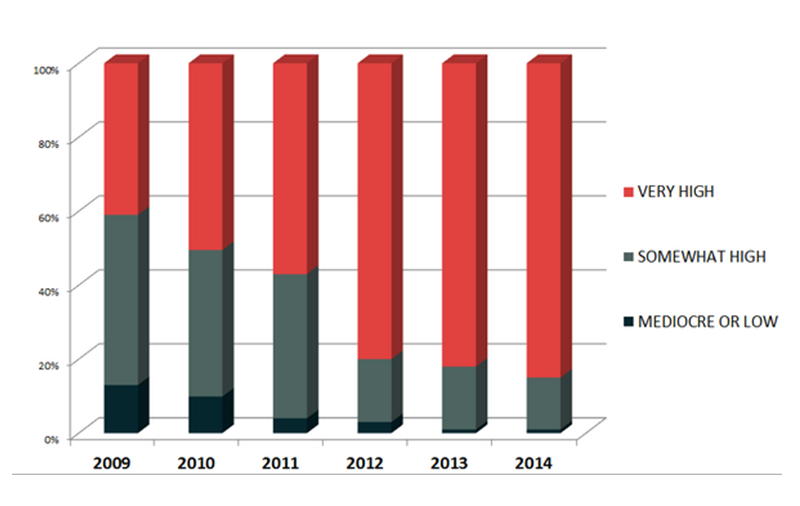Why does Peyton Manning, one of the greatest quarterbacks to ever play football, have a coach?
Like all professional and college athletes as well as many of the best CEOs and executives in the world, coaching improves his success. A coach’s job is to stretch, challenge, support, reward and celebrate those he or she coaches. Athletic coaches do this for athletes and executive coaches do it for managers and leaders.
For 29 years, I’ve helped maximize the potential of entrepreneurs, executives and sales professionals and professional, Olympic and college athletes as their high-performance coach. I’ve noticed that leaders who have been successful over a long period of time, generally have high coachability; being coachable keeps them improving even when they are already great. Those of us who provide executive coaching and/or high-performance coaching have noted that across the board, from CEOs to entrepreneurs and elite athletes, those who can sustain high levels of performance are very coachable.
Would you benefit by executive coaching? Are you coachable?
When I provided mental training sessions at the U.S. Olympic Training Center (USOC), I could look around the room and know in the first few minutes which athletes believed they knew it all and which were highly coachable athletes, hungry to learn. As I followed these athletes’ careers for years, it became obvious that the athletes who continued to be great, longer than others, were those who stayed hungry to learn.
Coachability is required for coaching success
At the USOC, athletes would attend one of my three-hour mental training sessions, and what intrigued me is that they were really happy if they picked up one new little nugget that they could apply. Many of these athletes had studied high-performance psychology for years from a variety of sport psychologists, but they were looking for that one fresh, novel piece of insight that would deepen their knowledge of how to use their mind to be more successful. They were coachable!
I’ve found the same thing with entrepreneurs and corporate executives, they have a thirst for learning and value coaching. A research survey done at the Stanford Business School, they found that only 66 percent of CEOs did not receive outside coaching and almost 100 percent said they enjoy the process of receiving coaching and leadership advice, leading the researchers to conclude, “It’s lonely at the top.”
From the 2014 Executive Coaching Survey by Sherpa Coaching
What can you expect from an executive coach? Here’s what a good executive coach, can do for you.
Stretch. Your coach should stretch you through constructive, open questions. You should stretch yourself by committing to strenuous goals.
Challenge. A good coach understands where you need to be challenged to grow. The challenge must begin at the level you’re at.
Create accountability. Your coach will create strong, positive accountability to raise your performance. I once coached a Tony Robbins Master Elite coach, and he increased his revenue 51% simply through the enhanced accountability we set up.
Support. Good coaches support you in challenging times to help you thrive through them. And, as If you’re a leader, supporting others through their challenging times allows both you and those you lead to grow and improve in tough times.
Reward. Coaches provide rewards that inspire and motivate. It could be a handshake, a hug, a personal incentive gift. It could be just personal or team acknowledgement of the attainment of certain goals. A good coach doesn’t give out lots of rewards, but those given are powerful.
Celebrate. Coaches celebrate your victories with you. After a coach has stretched, challenged and supported you, the reward and celebration of goal achievement are vital and welcomed.
Working with a great executive coach, one who has the competency in the areas you need and with whom you have strong personal chemistry, will help you develop confidence where you need it and accelerate your success tremendously! That’s why it’s gaining in popularity.
I look forward to your comments on the value of coaching!
Image used in this article is from Free Digital Photo.



